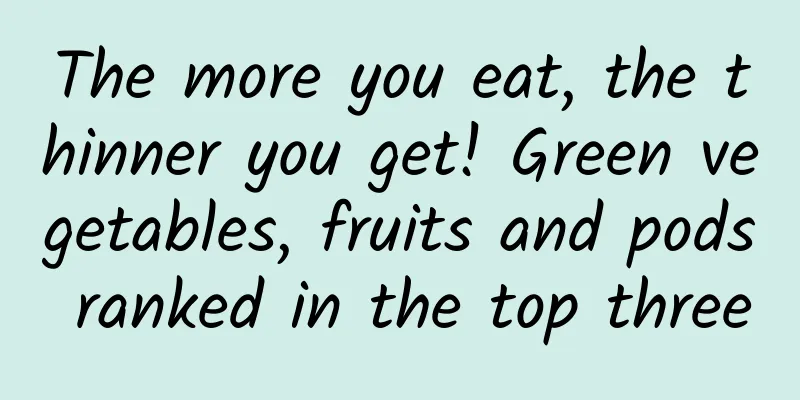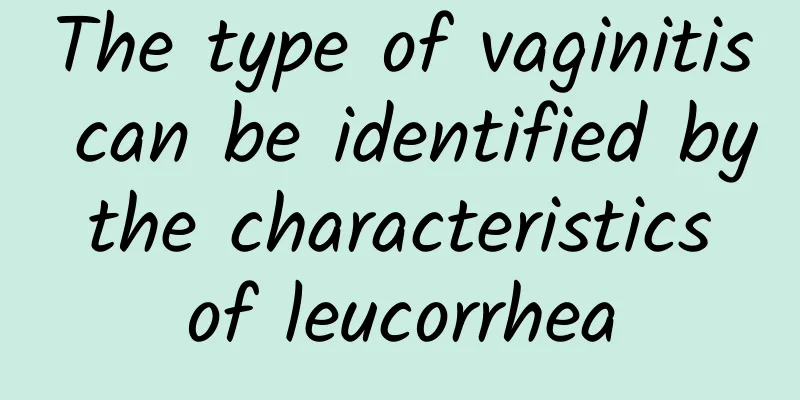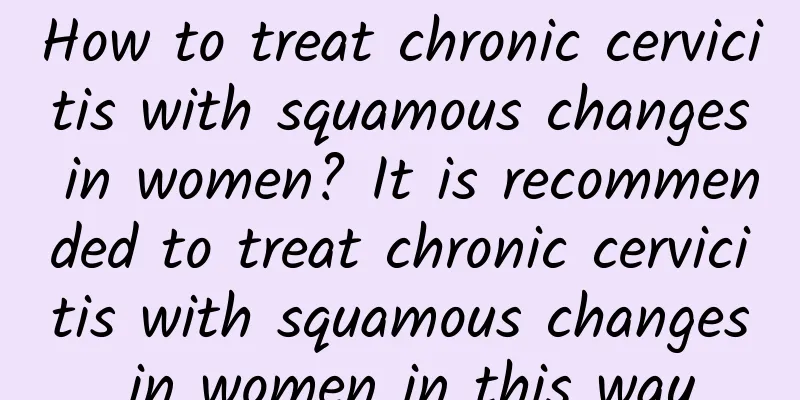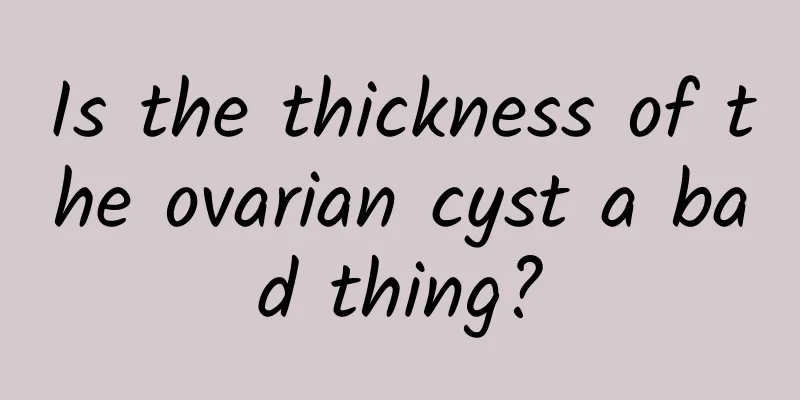The more you eat, the thinner you get! Green vegetables, fruits and pods ranked in the top three

|
The key to food is not to eat more and feel fuller, but fiber, nutrition and calorie density. We can also roughly estimate the calories in a serving of food. The human stomach can hold up to one liter of food. Let's take a look at how many calories various foods contain to fill a stomach. Which food has the lowest calories after eating? The answer is obvious - vegetables and fruits. Green vegetables, fresh fruits and legumes are the top three low-calorie satiety foods, leaving other foods far behind. Green vegetables are low in calories and high in fiber, ensuring that the more you eat them, the thinner you will become. The secret behind my excellent nutrition and super health is the "pound-for-pound rule": eat at least one pound (450 grams) of lettuce and one pound of cooked greens, blanched greens, frozen vegetables, or nutrient-rich non-green fruits and vegetables every day. One pound raw, one pound cooked, remember this principle for every meal. This principle requires effort to achieve. No matter what, we have to try our best to achieve both nutritional balance and weight loss. The more vegetables you eat, the easier it is to lose weight. Eating plenty of green vegetables can not only help you lose weight, but also strengthen your body and keep you immune to diseases. The above nutritional density is scored based on known phytonutrients, antioxidant activity and vitamin and mineral content. One area of food nutrition that has captured the most attention in recent years is the therapeutic benefits of cruciferous vegetables, which include the cabbage and cabbage family, as well as kale, watercress, arugula, cauliflower and bok choy. Of all foods, cruciferous vegetables have the strongest anti-cancer effects. Most phytonutrients have antioxidant properties, which means they neutralize free radicals, turn harmful factors into harmless ones, and reduce the risk of cancer. Cruciferous phytonutrients also activate the body's antioxidant control system. The unique compounds in the plant circulate through the body for three to five days, providing protection and strengthening the functioning of various body systems. Carotenoids and other nutrients in vegetables can prevent diseases caused by aging. For example, the main cause of vision loss in the elderly is macular degeneration, and one of the causes of macular degeneration is the lack of carotenoids. Eating vegetables at least five times a week can reduce the risk of macular degeneration by more than 86 percent. Lutein and zeaxanthin are both carotenoids that are effective in preventing disease. Researchers have found that people with high concentrations of lutein in their blood have the healthiest blood vessels and almost no arteriosclerosis. This article is from Yuanliu Publishing's "Dr. Fuhrman Teaches You How to Eat Healthy: A High-Density Nutrition Diet to Improve Self-Healing and Easily Lose Weight" |
<<: No oil retention during confinement! Drink black bean and eucommia chicken soup for health
>>: Exercise will get rid of the puff tribe! 6 ingredients to help burn fat
Recommend
How big is an ovarian cyst that requires surgery?
How big does an ovarian cyst need surgery? If the...
How to treat the severity of cervical erosion
Severe cervical erosion must receive professional...
What are the categories of cervicitis
Cervicitis is a common disease among women, and t...
New method to prevent cervical precancerous lesions
How can women prevent cervical precancerous lesio...
Precautions for care of endometrial tuberculosis
In daily life, we should understand the occurrenc...
What is the reason for repeated small amounts of bleeding after abortion?
Repeated small amounts of bleeding after abortion...
Can irregular menstruation cause back pain? What are the main symptoms?
Menstruation is a physiological phenomenon of wom...
Clinical treatment of uterine adenomyoma
Uterine fibroids are common endometrial invasions...
More than 70% of obese children may develop into obese adults! Nutritionists teach 3 ways to prevent childhood obesity
Today is Children's Day on April 4th. Childre...
What tests are needed for chronic pelvic peritonitis?
Our lives are getting better, but there are still...
What to do if you have irregular menstruation due to medical abortion
What should I do if I have irregular menstruation...
Will the uterus become thinner after a miscarriage?
Pregnancy is the happiest thing for women, but if...
What should adolescent girls eat to regulate their bodies for dysmenorrhea
Dysmenorrhea in adolescent girls can be relieved ...
What are the treatments for complete abortion?
There are many methods for treating complete abor...
How to eat after miscarriage
What should you eat after a miscarriage? Women ar...









